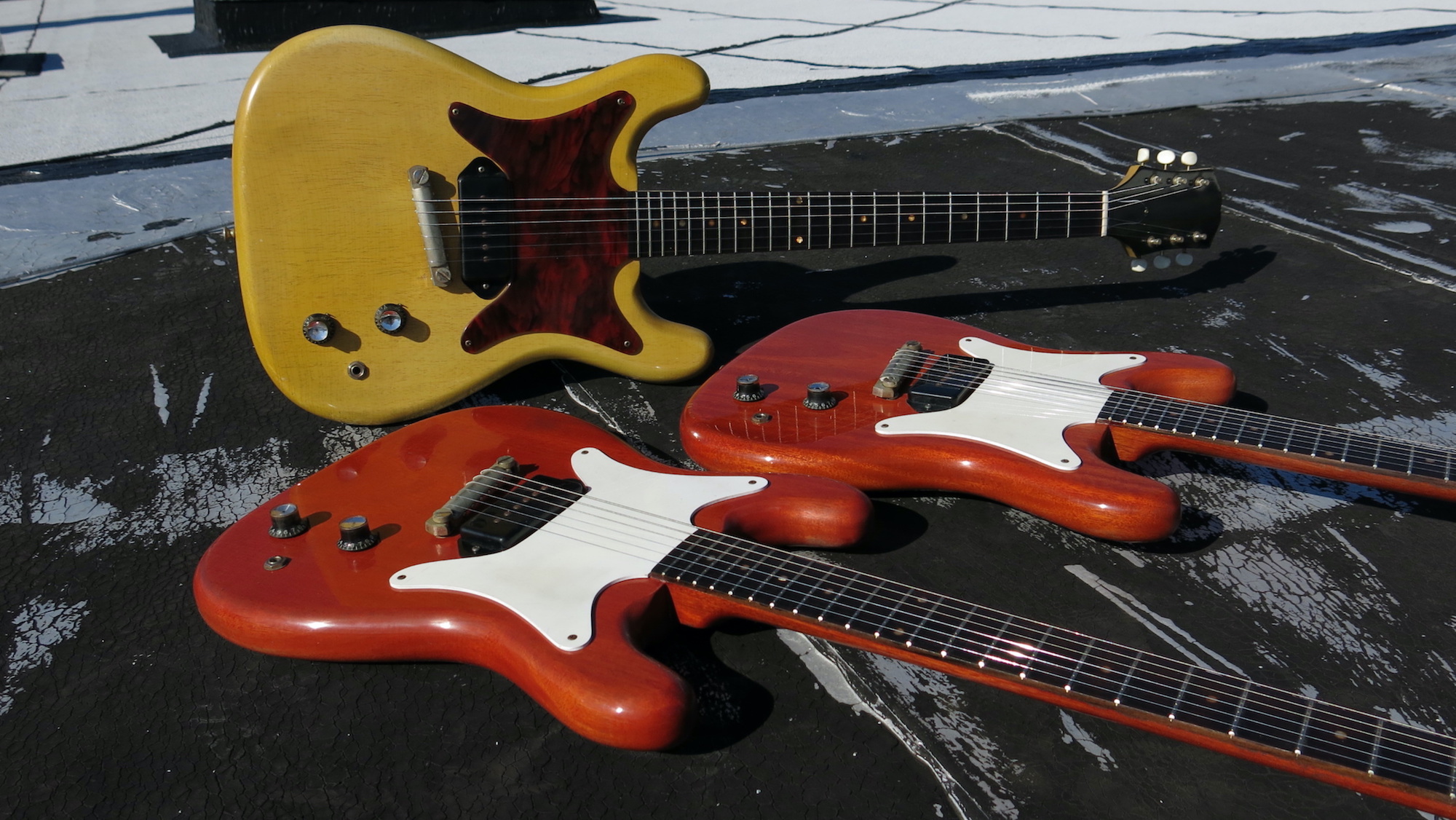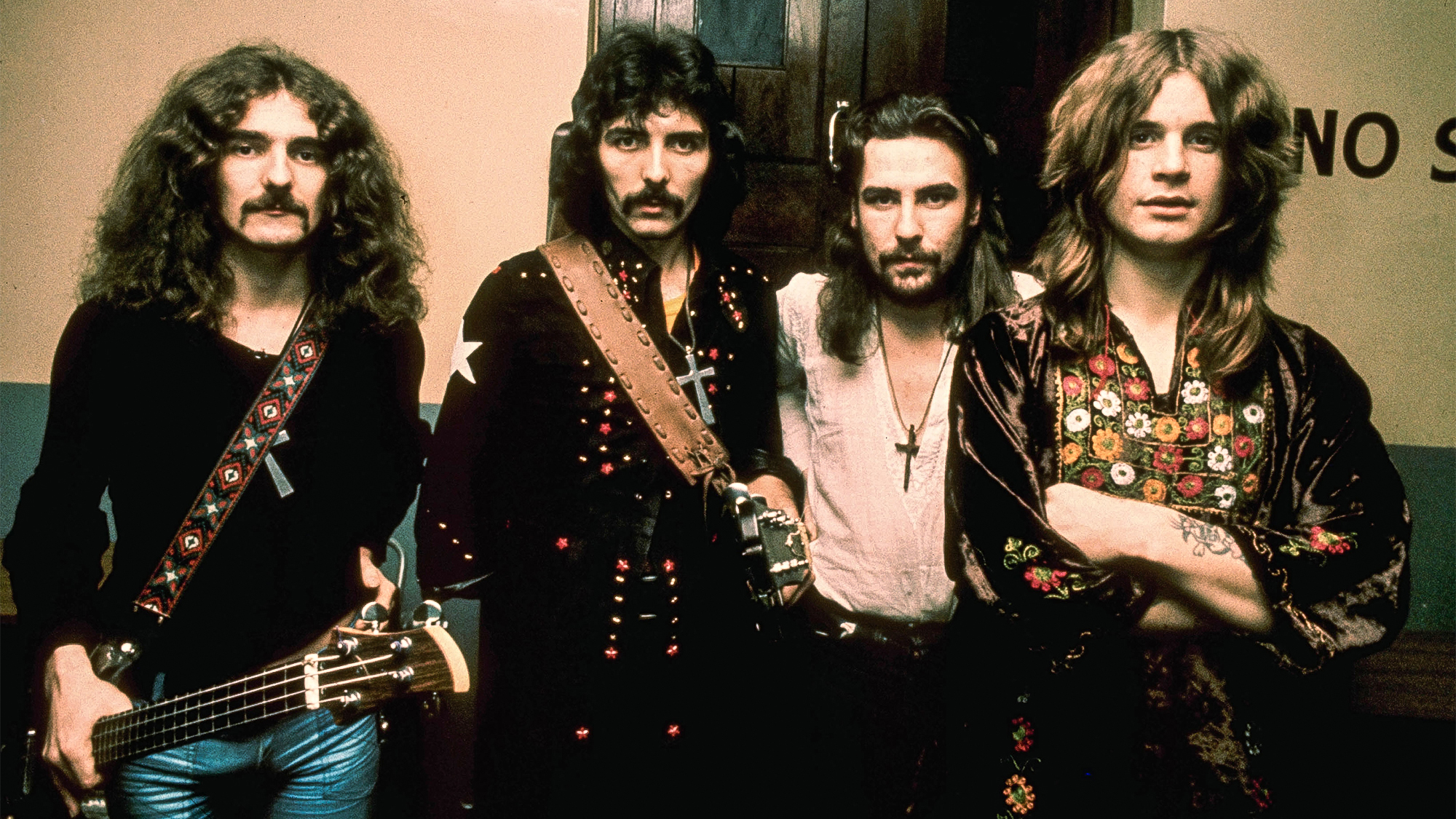Gibson Allegedly Pursuing Legal Action Against Satellite Amps
According to Satellite's Adam Grimm, Gibson is attempting invalidate the company's Federal Trademark of the Coronet guitar design.

All the latest guitar news, interviews, lessons, reviews, deals and more, direct to your inbox!
You are now subscribed
Your newsletter sign-up was successful
UPDATE (07/14): Gibson has issued a statement in response to Satellite Amplifiers, stating it “must protect itself from this and other similar opportunistic tactics”.
“The Epiphone Coronet was first introduced in the 1950s, which clearly established first use of the trademark,” the statement reads. “More recently, Gibson has been continuously manufacturing and providing the Epiphone Coronet for a limited number of Artists since 2008. This establishes historic (trademark) rights and continuous use (since 2008).
“As a result of creating, launching, investing, and owning the trademark for the Epiphone Coronet, Gibson simply filed to confirm their trademark ownership on a ‘first-use’ basis.
“Gibson did not file a lawsuit. Gibson did, understandably, file for trademark ownership and requested to cancel their (Satellite’s) mark within the USPTO as Gibson is clearly the original owner, has clear first use and thus exclusive trademark rights.”
Gibson is pursuing legal action against Satellite Amplifiers, according to a statement from Satellite's owner, Adam Grimm.
The legal dispute stems from Satellite's use of the Epiphone Coronet design for a number of its instruments. Epiphone produced the Coronet from 1959 until the 1970s. Satellite began producing its own version of the guitar in 2016.
“I wanted to give everyone a heads up about whats been going on with the Coronets,” Grimm wrote on Instagram. “Gibson Guitars is attempting to invalidate my Federal Trademark for the Coronet.”
All the latest guitar news, interviews, lessons, reviews, deals and more, direct to your inbox!
“I know that Gibson abandoned the model in 1999, and never bothered to even attempt to protect the model or keep it alive. Ever. Until now. Why? Because myself and a few others have brought it back to life, and introduced it to a new audience that never even knew the model existed."
A photo posted by @satelliteamps on Jul 10, 2020 at 2:39pm PDT
After receiving the legal notice from Gibson, Grimm says that he and his team “made [Gibson] an offer to purchase the brand as a measure of goodwill and good publicity for half of what it will cost either of us to fight this out,” but has yet to receive a reply.
Grimm also noted that, when Satellite premiered its Coronet model at the 2017 NAMM show, “Gibson reps came down and photographed the Coronets, and even talked with us a bit. They have known about the guitars since then.”
As for his and Satellite's next moves, Grimm says he is "still going back and forth" through his options.
Guitar Player has reached out to Gibson for comment.

Jackson is an Associate Editor at GuitarWorld.com and GuitarPlayer.com. He’s been writing and editing stories about new gear, technique and guitar-driven music both old and new since 2014, and has also written extensively on the same topics for Guitar Player. Elsewhere, his album reviews and essays have appeared in Louder and Unrecorded. Though open to music of all kinds, his greatest love has always been indie, and everything that falls under its massive umbrella. To that end, you can find him on Twitter crowing about whatever great new guitar band you need to drop everything to hear right now.
